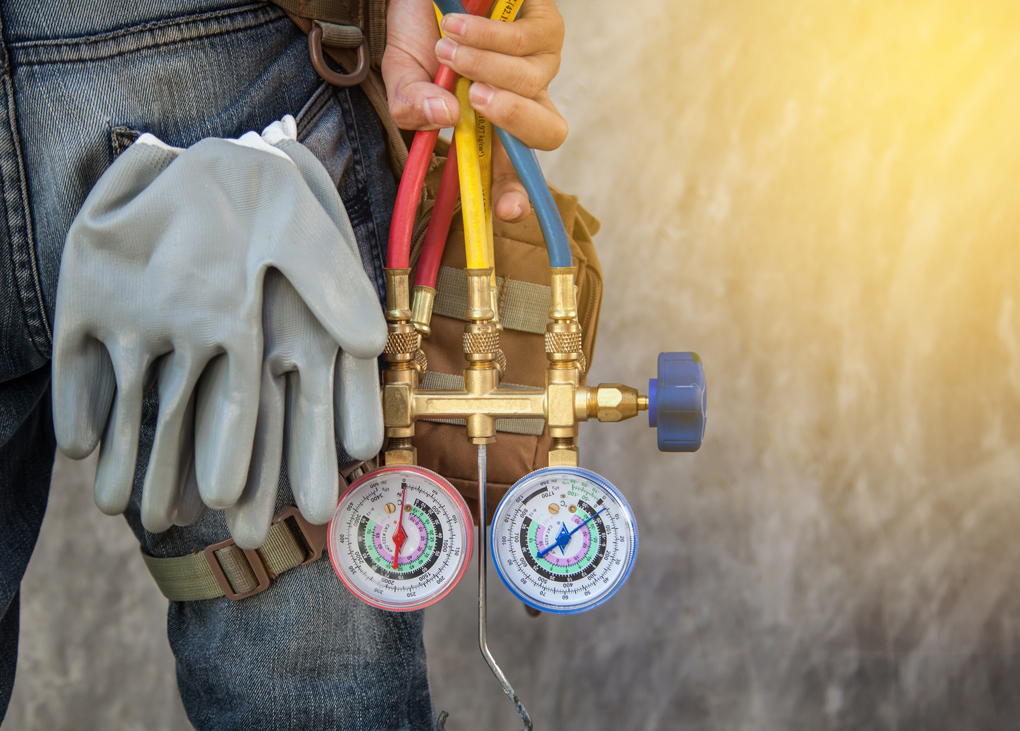Australian Industry Standards (AIS) has conducted an online survey for stakeholders to find out more about skills shortages in the electrotechnology industry. And the results have now been published.
In the electrotechnology sector, 76.9 per cent of respondents reported experiencing a skills shortage in the past 12 months. The occupations reported as being in shortage included refrigeration/air conditioning technicians. They appeared at number three on the list after educators, trainers and assessors, and electricians.
Employers were also asked what they perceived as the reasons for this shortage. Ageing workforce and the retirement of current staff was the top response. This was followed by the cost/time required to achieve the required qualification; competition from other organisations; wages/salaries considered too low; and geographic location of the vacancy.
On the back of this survey and other industry consultation, the Industry Reference Committee (IRC) and AIS have released the draft 2019 IRC Skills Forecast and Proposed Schedule of Work documents.
The IRC Skills Forecasts are produced annually to report on the industry outlook. They feed into the industry training, which the IRC oversees, with coordination from AIS.
The committees consult broadly with stakeholders to ensure a whole-of-industry view about the opportunities and challenges for the workforce and the training package review work necessary to meet industry needs. The information is then used to develop the four-year IRC proposed schedule of work.
Key issues that have been identified
- Technological changes are transforming the industry
- New electronic and computer systems
- The installation and maintenance of new systems
- Solar and renewable energy require new skills
- Sustainability creates new opportunities
- New technologies make industry-specific cyber security a must
- Digital literacy is essential
- Consumer behaviour is changing the industry
- Silicosis and WHS concerns.
Workforce supply-side challenges and opportunities
- Ageing workforce
- Skilled workers and apprenticeship rate remain a challenge
- Female participation encouraged
- Soft skills are integral for the future
- Language, literacy and numeracy skills need improvement
- Higher-level skills and training are required
- Apprenticeships.
Feedback is welcomed from industry stakeholders by Monday, April 8. It will help inform the final development of the IRC skills forecast and proposed schedule of work.



Leave a Reply